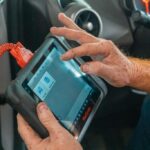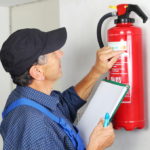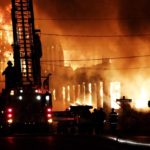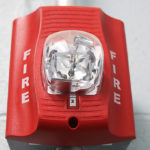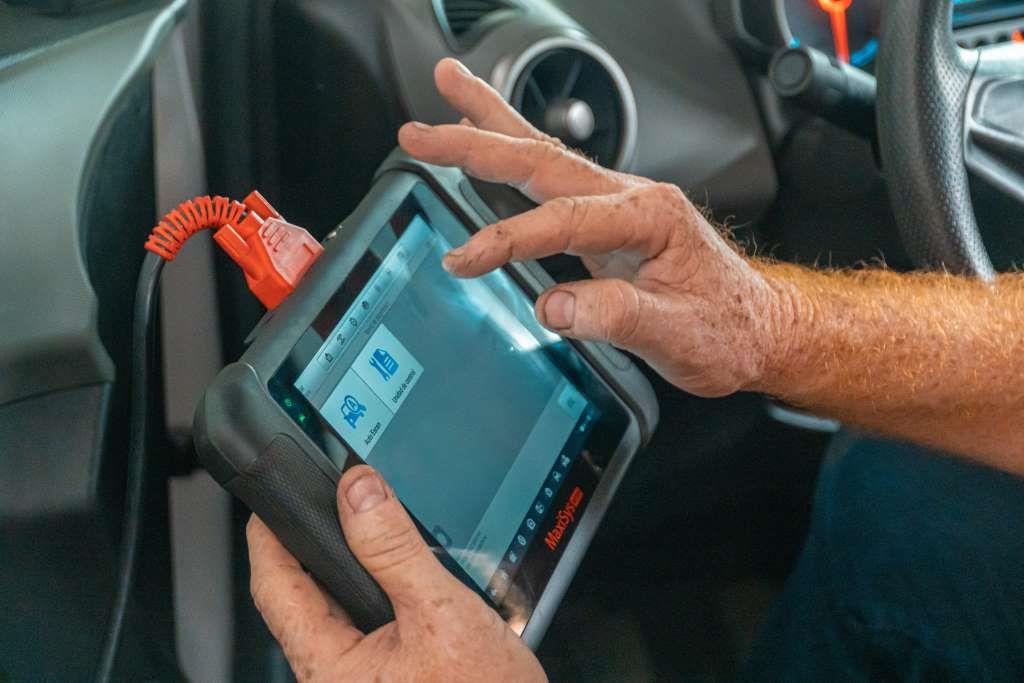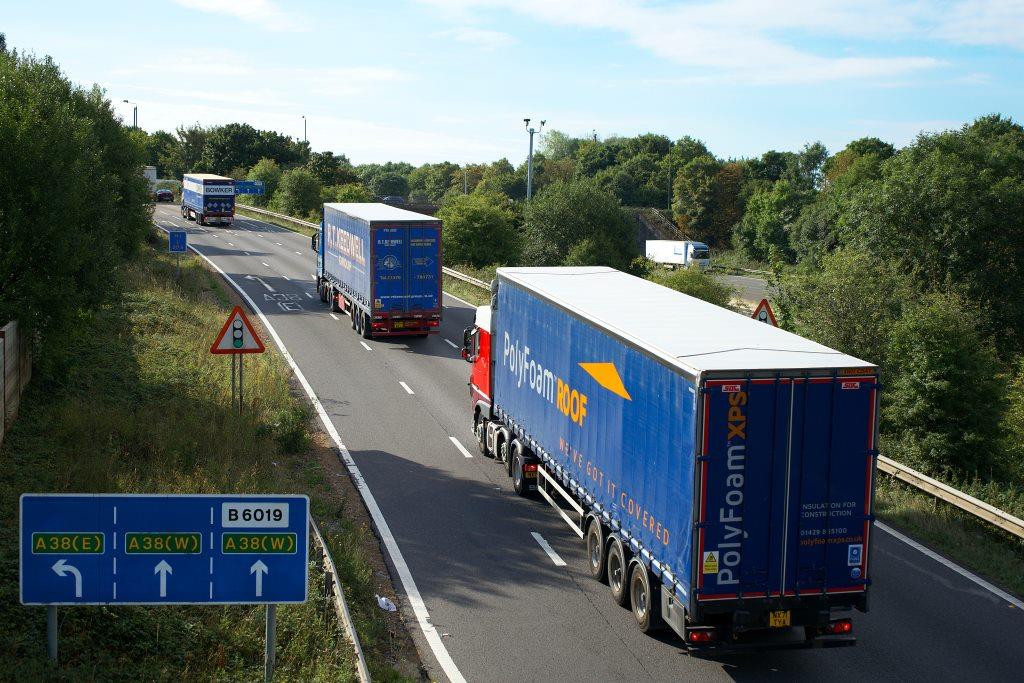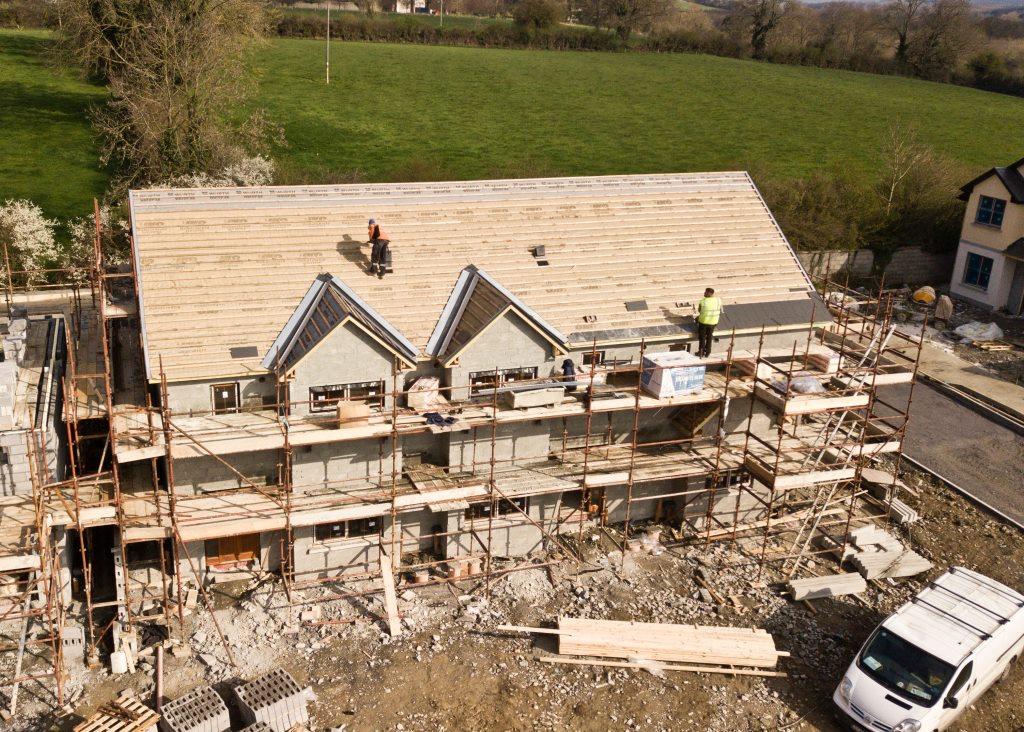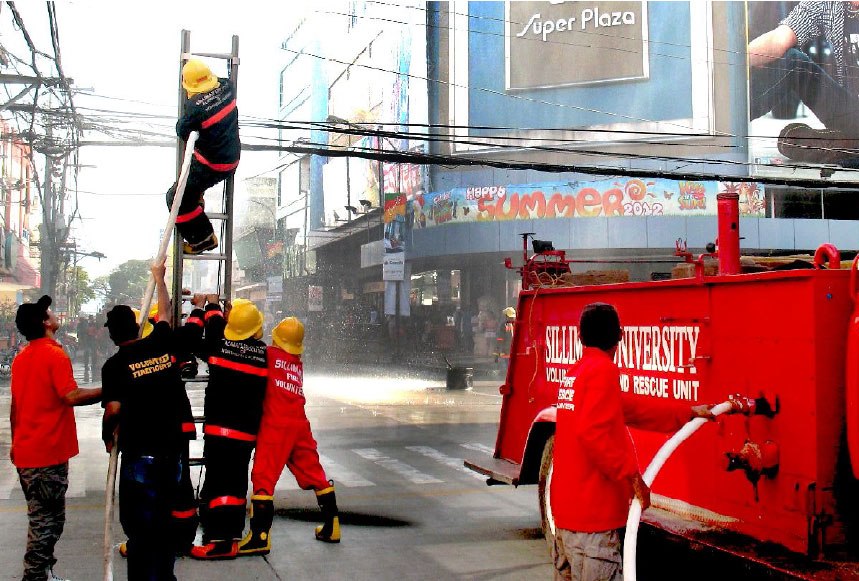
It is easy to forget the risks posed by fire in workplaces. That’s mainly because we always assure ourselves that a fire won’t even happen in our workplace. Thus, we remain unprepared for it.
You must remember that workplace fires are more common that what you think. And more often than not these are caused by petty mistakes that could have been easily prevented if proper measures were implemented at the start.
Workplace fires often result in huge damages both from the point of view of lives and finance. Businesses find it very difficult to recover completely from such situations.
Don’t let your business workplace come under this category. Do not let negligence be the primary reason behind your workplace fires. In here, I have highlighted a few common causes of workplace fires and safety tips that you can follow to nip those fires in the bud.
A. Faulty electric parts
These are definitely one of the most common causes of fire in workplaces.
Possible symptoms can include things like loose/frayed wires, broken or defective plugs and overloaded sockets. Any faulty equipment that sparks off tiny fires at the start must be discarded.
Remember one stray spark can set alight a desk or a carpet in the blink of an eye which can result in a big disaster.
Prevention tips
Every workplace is legally bound to carry out regular inspections and ensure the fact that all electronics are well maintained and are in perfect working condition.
a. Check that the outlets aren’t overloaded, shorted or overheated.
b. Check for frayed or faulty wiring.
c. Check for loose plugs.
d. Keep combustible objects such as fabric, plastics, paper etc. away from electrical equipment.
e. DON’T exceed specified voltages.
f. Ensure that PAT (portable appliance testing) is carried out.
g. Ensure expert inspections of electrical equipment are carrier out from time to time.
Please make your workers aware of the dangers of an electrical fire and ask them to report to a superior immediately if any faulty electrical equipment comes under notice.
B. Winter electronic equipment
Many workplaces have a surge of excess electronics during the cold winter months. These may include things like portable heaters, Christmas lights etc. Remember that with these extra additions, the risk of fires might increase by a tenfold if proper inspection’s not done from time to time.
Prevention tips
Try not to use extension cords specifically with portable heaters.
DON’T place any item on the top of portable heaters specifically something that’s cold on the outside and might drip water though condensation, say a cold drink or something similar..
a. Try not to overload outlets with plugs.
b. Do not forget to switch off these extra equipment at the end of the day.
c. Your portable heaters must not be close to any combustible objects.
d. Go for those heaters that come with advanced safety features. For example: time safety switches that prevent them from overheating.
Regular inspection’s required during the festive seasons due to the extra load.
C. Dust threats
Fire doesn’t always start in those traditional ways where an ember ignites a bit of fabric or wood.
Even combustible dusts such as the ones created by plastic, wood and metal operations or even flour can create a combustible environment that might ignite at moment’s notice setting everything ablaze.
Prevention tips
a. Sufficient ventilation should be provided to keep combustible dusts at bay. Proper ventilation will at least prevent the accumulation of dust at a single place.
b. Good work practice that’s capable of minimizing the production of powder or dust must be deployed.
c. Proper housekeeping should also be deployed to minimize build-up.
d. Vacuum cleaning should be adopted for cleaning combustible dust particles.
D. Discarded Cigarette threats
Careless tossing of cigarette butts is considered one of the main causes of workplace fires.
This might also create problems even if your workplace has a distinguished smoking policy where smokers are ordered to smoke only in designated areas.
It has been seen in many cases that smokers do not actually abide by the rules. They seldom stay within those designated smoking zones. More strict measures have to be implemented to ensure that smoking’s confined within designated zones and not beyond.
Prevention tips
a. Implementing proper disposal bins with a strict rule that cigarettes MUST be discarded inside and not outside. Put a little water in it to extinguish the cigarette at moment’s notice.
b. Designated smoking zones should be quite a distance away from the workplace.
c. Having proper smoking guidelines that every employee should be familiar with.
Some thumb rules to follow…
1. Practice decent workplace housekeeping.
2. Waste must be disposed properly on regular basis. Combustible waste materials need to be removed as soon as possible.
3. Proper maintenance of machinery to prevent friction sparks and overheating.
4. Report any forms of electrical hazards.
5. Store chemicals safely and in unconventional places.
6. Implement all possible precautions to prevent disastrous ignitions in potentially explosive environment.
7. Smoking needs to be done ONLY in designated zones. Strict smoking policies need to be implemented in workplace.
8. DO NOT block emergency exits, firefighting equipment and sprinklers.
9. Learn how to use a fire extinguisher properly and make your employees aware of the same. Train your employees proper fire fighting methods such that they can at least operate a fire extinguisher with ease.
10. Post emergency telephone numbers in conventional and easily noticeable places.
What should you do in case of a fire?
– It’s also mighty important for your workplace to have a clear plan as to what to do in case there’s a fire.
– Keep calm. Panicking in such sensitive situation would cause more harm than good.
– Sound the alarm ASAP.
– Proceed slowly but steadily to the assembly area.
– If you’re trained to combat a small fire, put your skills to good use. Use a fire extinguisher properly.
– As you leave, shut down the power to prevent further damage.
– Last but not the least, I would like to say that always take your fire drills seriously. It might save your life some day along with a few others at the same time.
And do take apt measures to prevent the occurrence of fires to the best of your ability. Prevention is always better than cure.
Katie Smith
Latest posts by Katie Smith (see all)
- Why Should Your Small Business be Bonded? - July 30, 2017
- 6 of the Best Tips to Reduce Workplace Injuries - June 19, 2017
- Planning For Workplace Emergencies: A Brief Discussion - May 28, 2017





